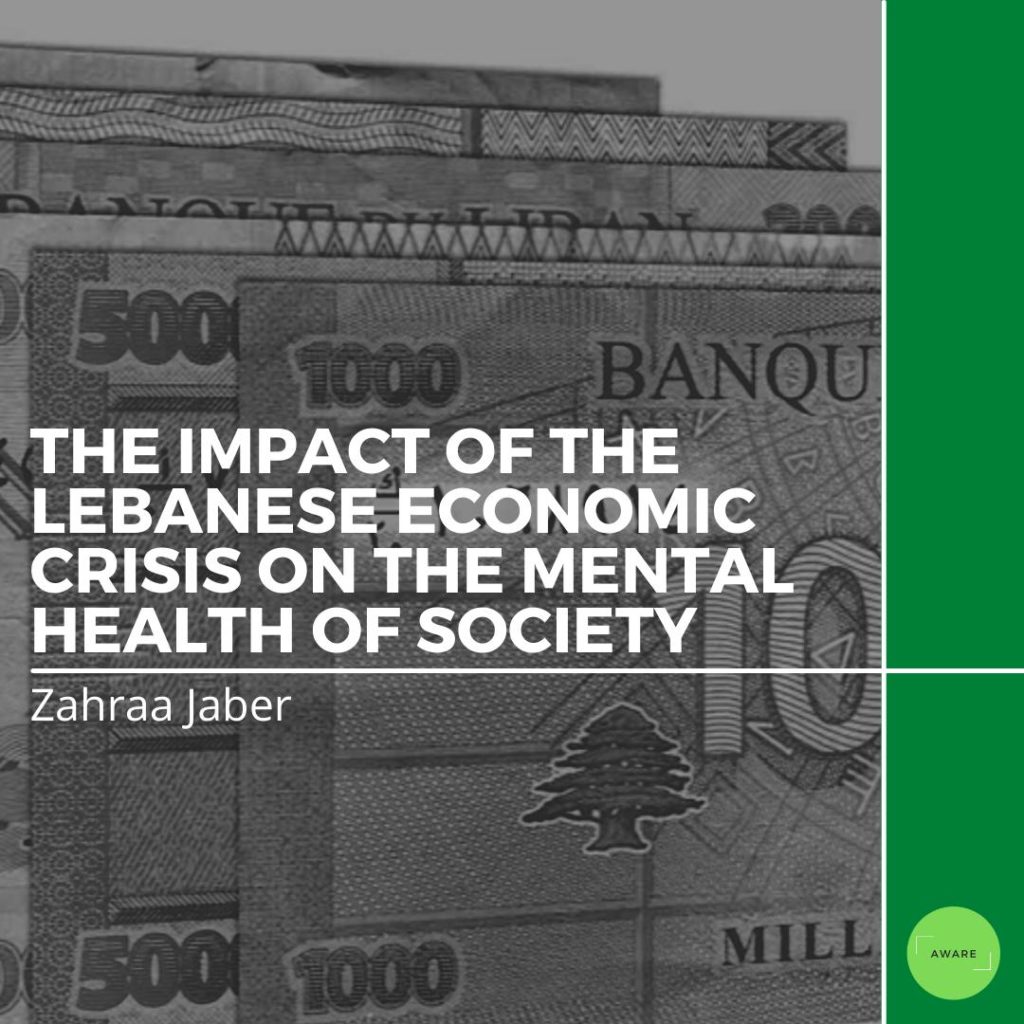Lebanon, identified as a Fragility, Conflict, and Violence (FCV) state by the World Bank, is enduring one of the worst economic crises in the world since the 19th century.
What Is Happening in Lebanon?
While an economic downturn is quantifiable, its impact on mental health is far more complex, especially with the overlapping successive crises in Lebanon. This is, in part, due to chronic underfunding, stigma, and lack of facilities including the absence of a mental health act, widespread stigma surrounding mental health, restricted government funding, a low general health budget, elevated costs of mental health care with inadequate insurance coverage, few inpatient psychiatric units, and a shortage of mental health professionals including psychiatrists, psychiatry nurses, and social care workers. The situation in Lebanon is rapidly spiraling out of control as the country deals with multiple crises without any sign of relief. As the Lebanese pound continues to plummet in value, the price of food, fuel, and medicine is increasing at an alarming rate.
The Lebanese Economic Crisis
The Lebanese pound has lost more than 15% of its value since the start of 2022, pushing desperate families already struggling to afford food, electricity, and fuel deeper into poverty, with a tank of fuel for a small car now costing more than a monthly salary on minimum wage. Since 2019, the Lebanese currency has lost more than 90% of its value. The economic meltdown in the country, one of the worst in the world since the 1850s, has pushed an estimated four million families into poverty in the last two years. Many children are eating less than ever before, worsening an ongoing hunger crisis throughout the country.
The Mental Health of Lebanese People
A majority of the Lebanese people including frontline healthcare workers, elderly, juveniles, and grownups suffer from alarming levels of anxiety and stress due to occasional periods of violence, specifically bombings in civilian areas, as well as political and economic instability. Such pre‐existing challenges have been exacerbated by the COVID‐19 outbreak. The mental health of 90% of the Lebanese population remains unaddressed, while 17% of the population is affected by various psychiatric illnesses including anxiety, stress, depression, and obsessive-compulsive behaviors. The pandemic and its implacable proliferation have taken a mental and emotional toll on several healthcare workers who have become victims of depression and anxiety.
2022 has been another long, hard year for children and their families in Lebanon. We cannot sit back and continue watching the Lebanese financial crisis unfold. The Lebanese government and the international community must work together to safeguard the future of the children, before it is too late.
